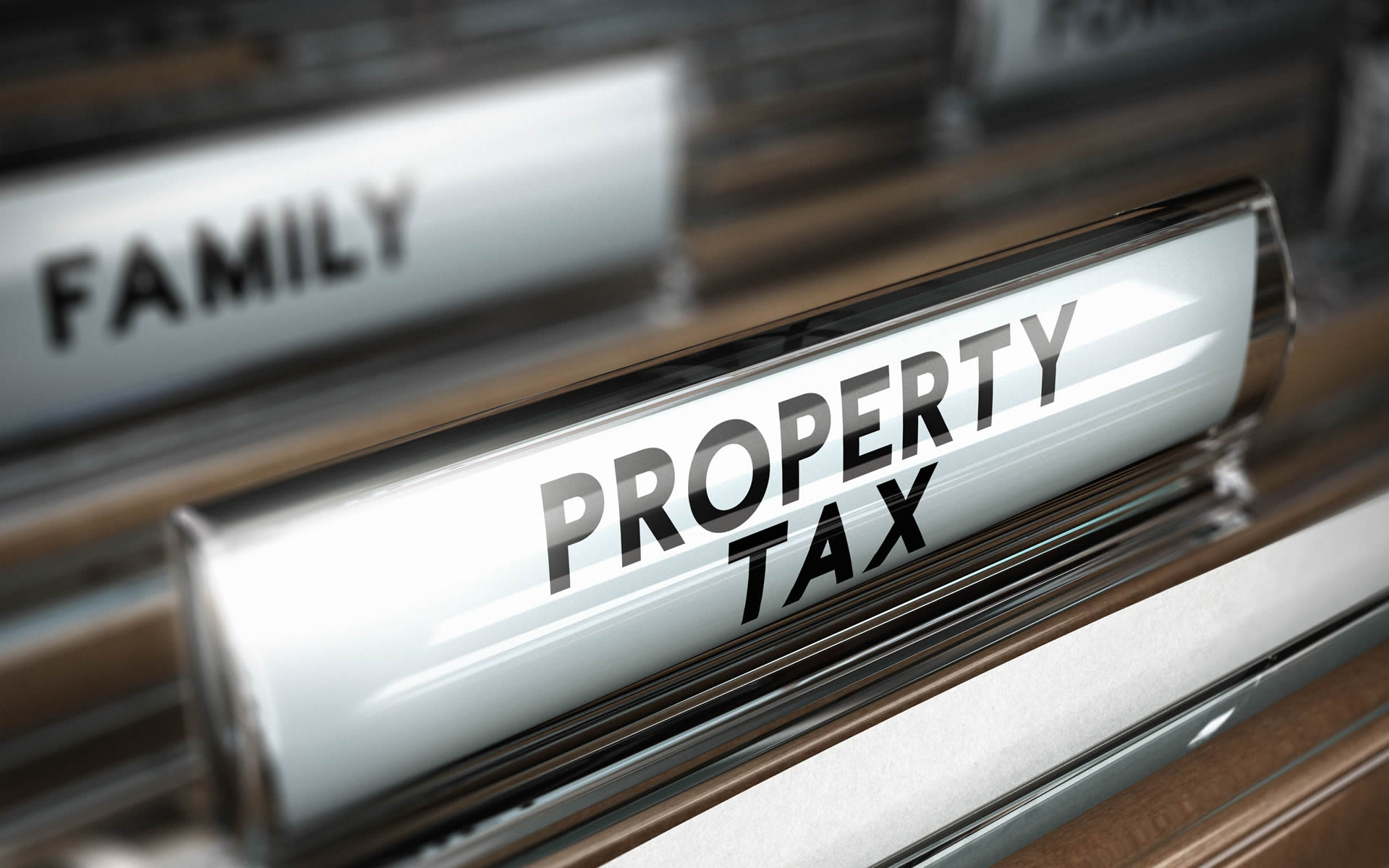Most people think that the property tax grievance process is complicated. It’s not. It only requires you to do a bit of research, fill out a form, and write a supporting letter, and get all your paperwork submitted by your municipality’s deadline. Here is a brief (and somewhat simplified) overview of that process.
The Assessment
People sometimes think that their property taxes are set by their assessor. That’s not the case. Your municipality’s assessor does not determine your property taxes. Rather, the assessor’s role is only to determine what the market value is for your property by performing what is essentially the same sort of comparable sales analysis that a real estate agent or appraiser conducts when determining the value of your home when you are buying or selling.
Once the assessor has determined your market value, the assessor then calculates your assessed value, which is a simple mathematical calculation that multiples the market value by a predetermined Uniform Percentage of Value set by the state. The purpose of the Uniform Percentage of Value (“UPV”) is to provide a standardized assessment calculation to ensure that every property receives an equitable assessment. So, for example, if the UPV is 40%, and your market value is $500,000, your assessed value would be $200,000 ($500,000 times 40%). If your neighbor’s home has a market value of $400,000, her assessed value would be $160,000 ($400,000 times 40%).
The Assessment Roll
Once the assessor has determined the assessed value of all the properties in a municipality, the assessor’s office will publish what’s called the “roll,” which is a comprehensive listing of all properties, their determined market value, and their assessed value. For most municipalities, the roll is published in the first week of May, a few weeks before grievance applications are due. You can get the roll by going to your local municipality, and in some cases online. You can check on www.randrealty.com after May 1 for links to your local roll publication.
The purpose of the roll is to provide property owners with fair notice to prepare their grievances once they see the assessor’s determination of their market and assessed value. Again, the roll does not state your property taxes, but provides the market value and assessed value upon which your taxes will be based.
Researching Grounds for a Grievance
Once you know the market value determined by the assessor, you can decide whether you have grounds for filing a complaint about your assessment. Technically, property owners can make four distinct claims for a grievance, including situations where the property is improperly classified (i.e., it’s not commercial property, it’s residential) or exempt from taxation (i.e., it’s a church or school). But the main grievance situation for most homeowners involves the basic complaint that the property is subject to an “Unequal Assessment” because owners of comparable properties have received lower assessments and thus will pay lower taxes.
Essentially, a claim of “Unequal Assessment” boils down to this: you contend that the assessor over-estimated the market value of your property, leading to an inflated assessment value, resulting in your having a higher assessment than other owners of comparable properties. In order to prove that claim, you need to show that the market value of your property is actually lower than the assessor’s determination.
If your review of your property’s market value demonstrates that the assessor’s determination of your market value was too high, then you have solid grounds for filing a grievance petition.
Grievance Day
You have to file a complaint grieving your property taxes by the deadline established by your municipality. The deadline is usually a few weeks after the roll is published, and is called “Grievance Day” in most of the Hudson Valley (Westchester has a “Grievance Period” that runs about three weeks, and ends with the deadline day that we’ll call the “Grievance Day.” On that day, a Board of Assessment Review (“BAR”) will meet to start the process of evaluating all the grievance petitions, and will hold an open hearing in which you can present your case.
You only need to submit two documents to file a petition to grieve your property taxes. First, you need the Complaint on Real Property Assessment for (Form RP-524), which is a standard New York State form used to file grievances across the state. The form mostly requires you to fill out information on you, your property, and the nature of your grievance.
Second, you need a letter in support. The state does not particularly stipulate what the letter should look like or contain, or mandate that the letter be typed, but for best results we suggest typing up a simple letter addressed to the Board of Assessment Review for your municipality, including a brief explanation of why you believe that you are over-assessed. As part of that letter, you can attach any documents that support your case, including an appraisal, comparative market analysis from your real estate agent, public records, or anything else that would substantiate your claims.
In your petition, you should ask for the specific relief you want – a reduction in the market value to the lowest level that you think is justified. You should always ask for as much relief as you believe you can possibly get.
You can attend the Grievance Day hearing if you wish to state your case, but even if you do not appear the BAR will consider the petition and make a decision within a short time of Grievance Day.
Appeals
If your grievance complaint is not successful, are not successful, or you get relief but not as much as you asked for, you can appeal the decision in what’s called a Small Claims Assessment Review (SCAR) or a Supreme Court trial. We are not going to cover the details or requirements for that review here, but you can get information provided by the State in the What to Do if You Disagree with Your Assessment booklet that is available online (the link is below).
Conclusion
Grieving your taxes is easier than you think. You simply need to pay attention to what’s happening in the local community, review the assessment roll, and get your complaint and supporting documents submitted by Grievance Day. That said, if you don’t want to do it yourself, you should consider hiring an attorney to represent you. Attorneys who handle tax grievances generally charge between 40-50% of the first year’s savings on your taxes, so they only charge you a fee if they are successful. And you will likely need an attorney anyway if you are not successful and choose to appeal the BAR decision.
If you would like some additional information, the State of New York has prepared some materials that you might find helpful:
What to Do if You Disagree with Your Assessment
http://www.orps.state.ny.us/pamphlet/complain/howtofile/whattodo.pdf
A guide from the State of New York for property tax grievances and appeals.
Complaint of Real Property Assessment for (RP-524)
http://www.orps.state.ny.us/ref/forms/pdf/rp524.pdf
The actual form you need to file a tax grievance.
General Instructions for Filing Complaints on Real Property Assessments (RP-524-Ins)
http://www.orps.state.ny.us/ref/forms/pdf/rp524ins.pdf
Instructions for filling out the tax grievance complaint form.
Thank you for taking the time to read this. Good luck in your property tax grievance. If you need anything from Better Homes and Gardens Rand Realty, just call us at 845-825-8047.

 Facebook
Facebook
 X
X
 Pinterest
Pinterest
 Copy Link
Copy Link




